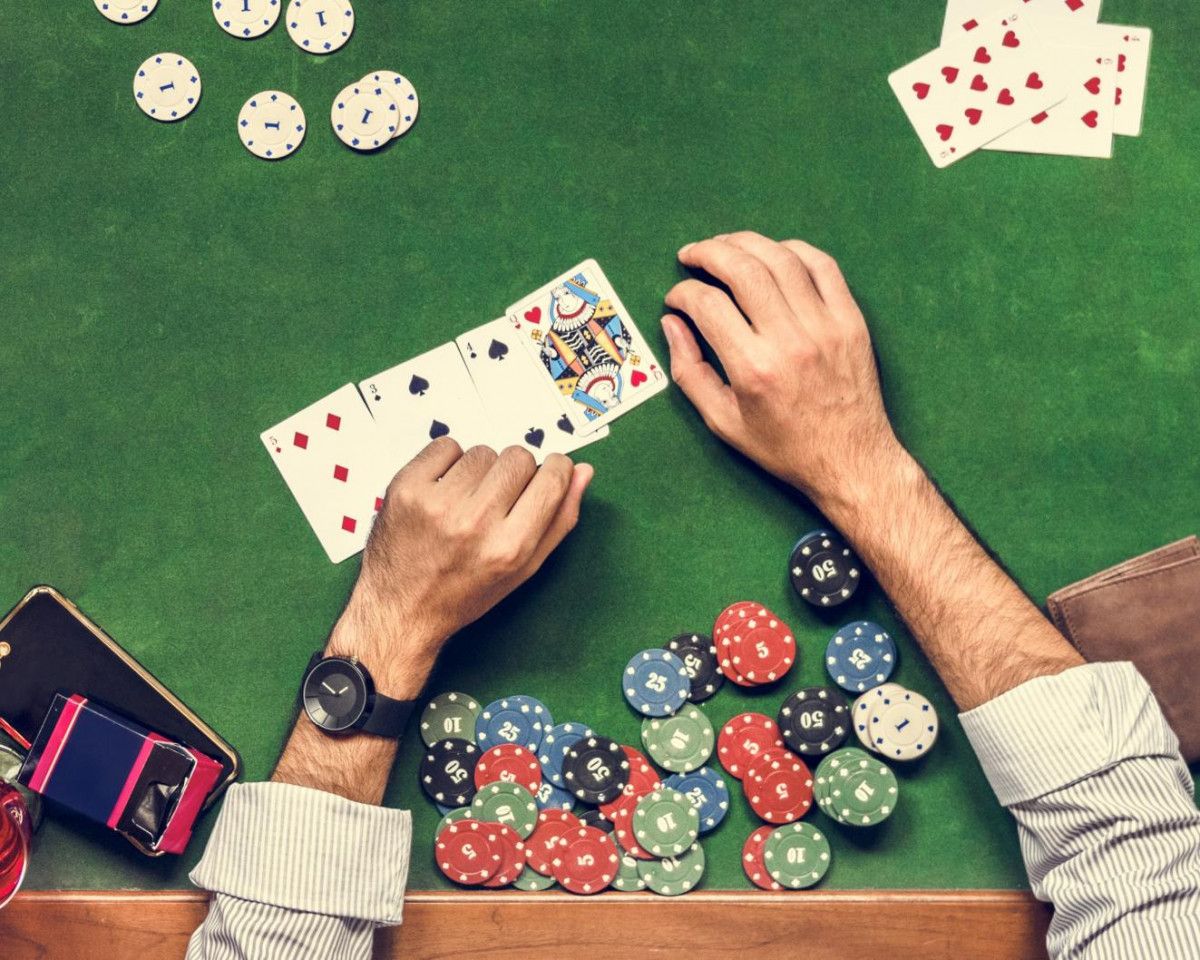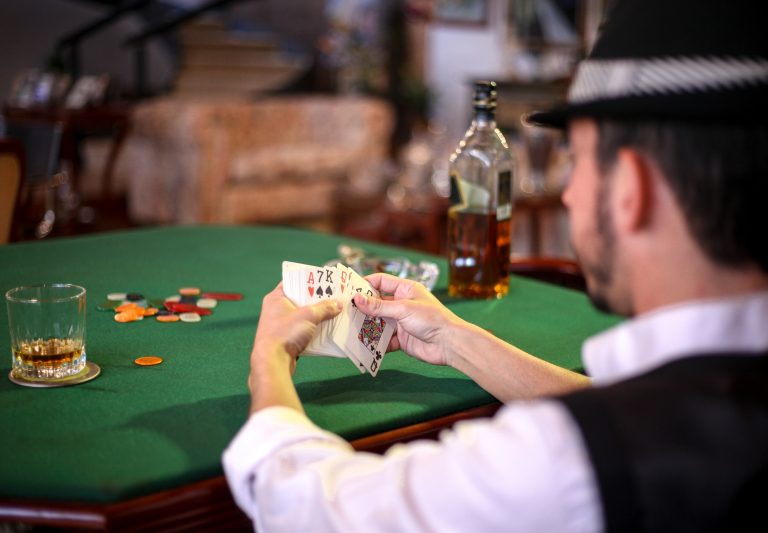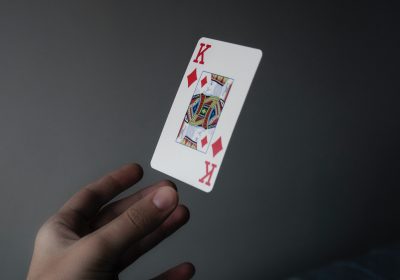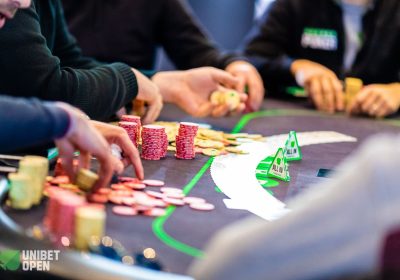
Join the Poker Tables: Where Skill Meets Luck
Poker, a game of strategy, wit, and intuition, has been captivating players for centuries. Whether you’re a seasoned pro or an enthusiastic beginner, poker offers an unparalleled blend of skill and luck that keeps players coming back for more.
The Battle of Skills
At the poker tables, players are pitted against each other in an exhilarating battle of skills. The game requires a deep understanding of probability, statistics, psychology, and the ability to make quick and strategic decisions.
Master the Art of Bluffing
One of the most important skills in poker is the art of bluffing. By convincing your opponents that you have a superior hand, you can force them to fold and claim victory even when your hand is weak. Bluffing in poker is a delicate dance that requires finesse and a keen eye for reading your opponents’ behaviors.
Probability and Mathematics
While luck plays a significant role in poker, understanding the probabilities and mathematics behind the game can greatly increase your chances of success. Calculating odds, evaluating pot odds, and analyzing hand potentials are just a few of the mathematical skills that can give you an edge at the poker table.
Psychology and Observation
Poker is not just about the cards you hold; it’s also about the players around you. The ability to read your opponents’ body language, recognize patterns, and decipher their betting strategies is an invaluable skill. A keen sense of observation combined with knowledge of psychology can allow you to make educated guesses and gain an upper hand in the game.
Embrace the Thrill of Risk
Poker is a game that embraces risk-taking. Every decision you make during a hand involves assessing the potential risks and rewards. It’s a balance between caution and calculated moves. Successfully conquering this balancing act can lead to thrilling victories and substantial gains.
The Role of Luck
While skill is undoubtedly important in poker, luck still plays a crucial role. Dealt cards are often unpredictable, and a fortunate draw can quickly turn the tides in your favor. However, it’s the skillful players who know how to optimize these lucky breaks and turn them into substantial wins.
The Social Aspect
Poker is not just a game; it’s an experience that brings people together. Whether you’re playing in a casino, at a friend’s house, or online, the social aspect of poker cannot be overlooked. Conversations, camaraderie, and the shared thrill of the game create an atmosphere that is unbeatable.
Poker Unifies Cultures
Regardless of cultural backgrounds, poker is a universal language that transcends barriers. From Las Vegas to Macau, from kitchen tables to high-stakes tournaments, players from different cultures and walks of life gather around the poker tables. It fosters a sense of community and friendship by bringing people together through a common passion for the game.
Conclusion
Poker is a game of skill, strategy, and calculated risk-taking, where players must navigate the fine line between skill and luck. It encompasses various elements, including mathematics, psychology, and observation. The social aspect of poker adds to the allure, creating a unique ambiance that draws players into its captivating world. So, come join the poker tables, where skill meets luck, and discover the exhilaration and excitement that awaits you.







